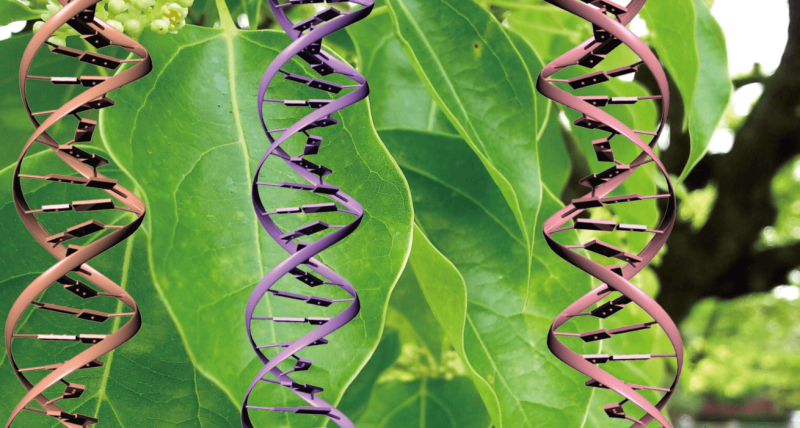Genome editing may be one of the solutions to address climate change. A September 2020 report by the Information Technology & Innovation Foundation (ITIF), Gene Editing for the Climate: Biological Solutions for Curbing Greenhouse Emissions, emphasizes that gene-editing technology could be used to develop clean energy and climate solutions that policymakers have to date under-emphasized.
CRISPR and the newer gene-editing applications are also being used to address food issues by reducing apple or potato browning and tomato softening to extend the shelf life of produce. In addition, disease-resistant fruits are under development, such as the Panama disease resistant Cavendish bananas that are being field tested by Tropic Biosciences.
Furthermore, many companies are focusing on extending the nutritional value of food by adding more protein to soy and other staple crops, and making oils, including soybean and canola, healthier…Another firm of note, Pairwise Plants, is working to develop new and delicious types of leafy greens, berries, and cherries, along with other efforts in staple crops.
The role of technology and its impact on agriculture is unprecedented. According to [Yeild10’s OIiver] Peoples, it is important to start by looking at fundamentals in a scientific way and first ask whether a change makes sense; if it has a meaningful impact and is sustainable.































